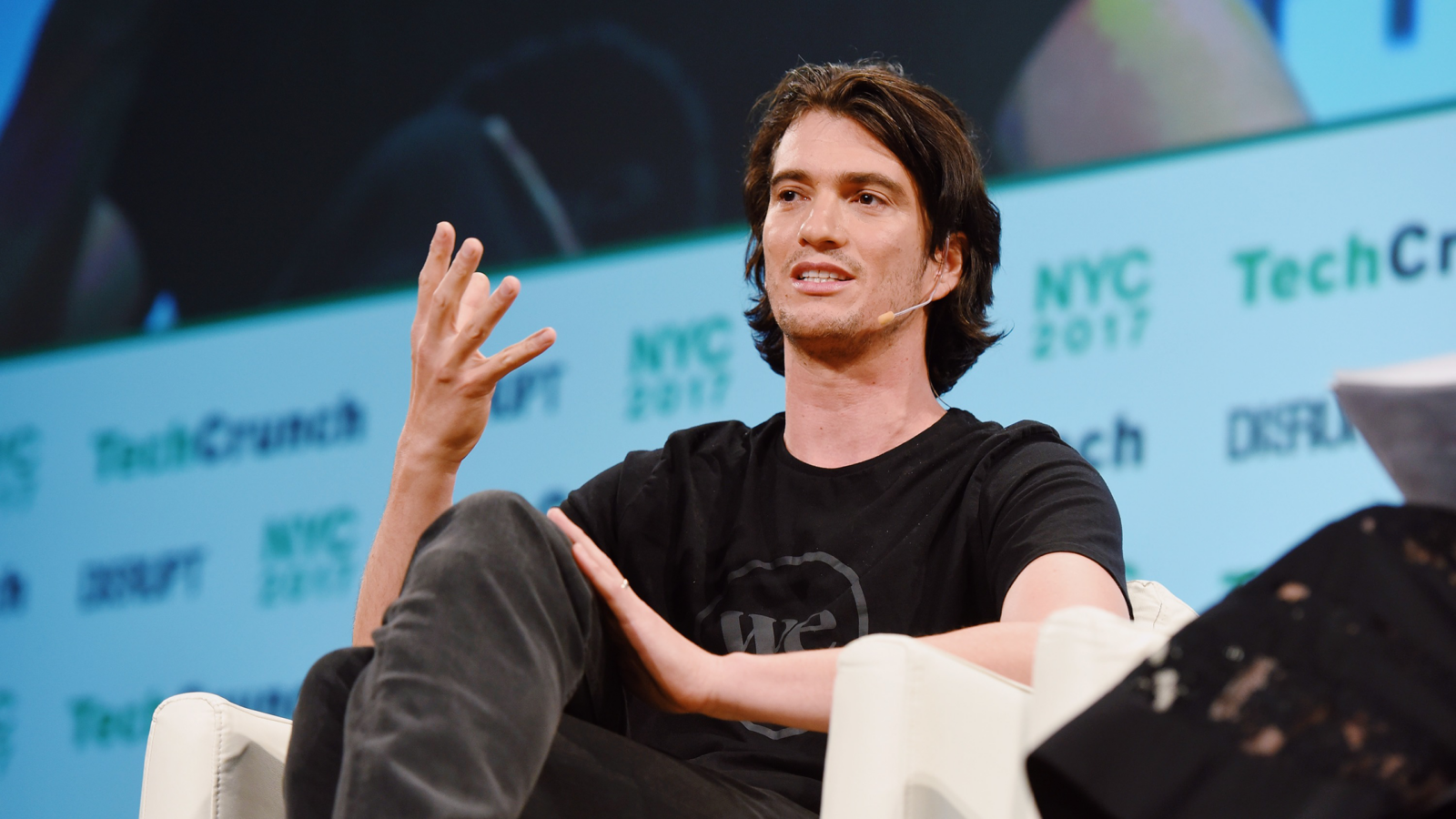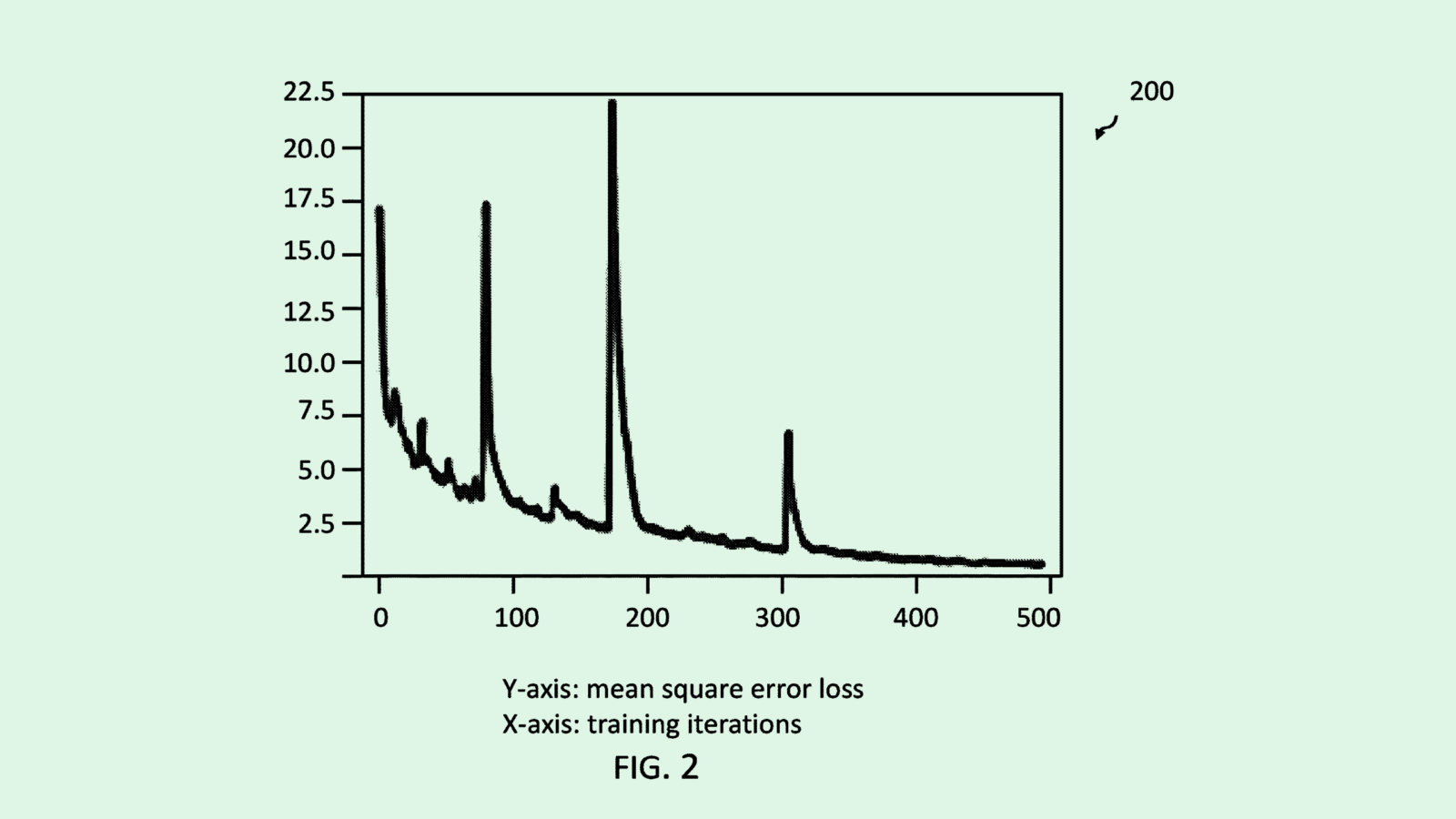A Social Media Platform Featuring Cat Videos, Makeup Tips and Work Hacks Triggers National Security Fears – and a Massive Generational Divide

Sign up to unveil the relationship between Wall Street and Washington.
If you’ve never perused the wildly popular social media platform called TikTok, you may be unaware that it’s, well, crack for your brain.
Designed to give you espresso-shot hits of dopamine in the form of lightning-fast videos that end abruptly before you’re ready and leave you voraciously scrolling for more, TikTok features an endless procession of quirky, intelligent, strange, beautiful, and ambitious animals (humans included) from around the world performing, opining, and creating media 24 hours a day. These videos speak to nearly any topic you can imagine, on a continuous loop, comprising an image-drenched, informational merry-go-round so arresting, it can make real life seem flat, colorless, and dull.
In an instant-gratification universe, a social media platform that seems bioengineered to draw you in can be very hard to resist. It has also given rise to the reference “TikTok brain,” because these infusions of dopamine can have an effect similar to drugs, except they are constant rather than instantaneous and, unlike other social media, TikTok will adjust its algorithms according to what users like, as opposed to Twitter, which tends to push at users what its billionaire owner, Elon Musk wants. (Musk may be the most stunning example of a social media addict ever, since he wanted people to read his tweets so much, he bought Twitter for $44 billion, taking the most expensive dopamine hit in history.)
In fact, TikTok is so addictive, it has led countless followers to quit school or their jobs to become TikTok influencers (and let’s remember, some of them have become multimillionaires).
There’s just one catch: TikTok’s owner is ByteDance, a company based in Beijing, China. And we’re not getting along very well with China right now.
While aggressive data-gathering, geolocating and profiling of Americans by Twitter, Facebook, Instagram, YouTube, and others have long been a concern thanks to U.S. privacy laws failing to keep pace with Big Tech – thanks Congress! – the rise of TikTok has left lawmakers scrambling, even as it leaves America’s younger generations in its thrall.
This past month, TikTok announced that more than 150 million Americans are now using the platform, which represents around 45 percent of the population, and that it will be spending $1.5 billion to beef up data security for American users and “isolate protected U.S. user data.”
At the same time, Congress is putting forward bills to rein in what it deems to be foreign-adversary technology threats, most prominently Senate Bill 686, which has received broad bipartisan support. The legislation proposes to give the Secretary of Commerce and executive branch sweeping powers to “identify, deter, disrupt, prevent, prohibit, investigate, or otherwise mitigate” foreign-adversary technologies to protect the critical infrastructure and digital economy of the U.S., including forcing the sale of, or banning, social media platforms like TikTok, which has an estimated 700 million active users worldwide.
The bill, called the RESTRICT Act (short for “Restricting the Emergence of Security Threats that Risk Information and Communications Technology” — not at all awkward) proposes to subject these powers only to companies associated with America’s foes. These are listed in the bill as China (and Hong Kong), as well as Iran, North Korea, Cuba, Venezuela, and Russia. At this time, the legislation is not intended to target any individuals.
In late March, TikTok CEO Shou Zi Chew appeared before the U.S. House Committee on Energy and Commerce to reassure Congress that the platform is not weaponizing the personal data of Americans or spying on them. Instead, Chew said, it seeks to safeguard “American data, stored on American soil, by an American company, overseen by American personnel.”
Lawmakers were not remotely convinced, pointing out that TikTok’s parent company, ByteDance, is headquartered in the People’s Republic of China, putting it effectively under the control of the Chinese Communist Party. Among ByteDance’s board members, stakeholders and employees are loyal members of the Chinese Communist Party (CCP).
The committee’s chair, Cathy McMorris Rodgers, a Republican from Washington state, was direct in her criticism. “ByteDance is beholden to the CCP and ByteDance and TikTok are one and the same.”
Chew, born in Singapore and educated at Harvard, is not a member of the CCP, but did stumble in a few key areas before Congress: He would not specifically confirm whether TikTok was a Chinese company, and he would not say if many of its top brass belong to the CCP. He also was unable to draw a distinct line between ByteDance and TikTok, which reportedly share customer data, source code, and legal representation, simply calling TikTok a “global collaborative effort,” with offices around the world.
Earlier this week, House Speaker Kevin McCarthy announced that lawmakers “will be moving forward” with legislation targeting TikTok. He blasted Chew’s testimony, stating, “It’s very concerning that the CEO of TikTok can’t be honest and admit what we already know to be true: China has access to TikTok user data.” In a show of just how bipartisan these efforts are, President Biden has backed the bill, following an unsuccessful push by President Trump a few years ago to force the sale of TikTok to an American buyer.
Trump’s attempt ultimately failed because the U.S. government was not able to provide enough proof that TikTok presented a national security risk so great it should supersede Americans’ first amendment right to freedom of expression – and the use of a social media platform like TikTok to do that expressing.
Among the data TikTok admits it collects on Americans are personal information like name, age, email, phone number, social media accounts, contacts, and profile images. It also gathers user-generated content, photographs, livestreams, audio recordings, videos, chats, and messages, both sent and received. It retains usage data, information about its users’ devices, physical location, and a range of metadata.
Basically, it hoovers up everything. But it makes strong exceptions for kids under age 13, according to its privacy policy.
“What the first amendment will require the government to demonstrate is that there’s an appropriate interest in restricting access to a social media platform,” says David Greene, senior staff attorney and civil liberties director at the Electronic Frontier Foundation, a San Francisco-based, nonprofit digital rights group that strongly opposes the RESTRICT Act. “The broader the restriction, the more difficult that will be.”
EFF argues that the bill’s move to limit American freedoms rather than pass comprehensive data privacy legislation that will protect Americans is misguided.
Even if TikTok didn’t comprise mostly lighthearted fare, like pet videos and peanut-gallery commentary about Prince Harry and his wife, would it legally make a difference?
“The fact it might have Chinese propaganda is still not enough reason to violate the first amendment,” Greene says. In fact, the first amendment even allows for foreign propaganda in the spirit of America’s core value that allows the free flow of information, he says, citing precedent based on past cases.
In watching the more than five-hour grilling by Congress of Chew, many young users of TikTok were not impressed. They poked fun at lawmakers’ frequently muddled questions about the technology and how, more than once, they called the platform “Tic Tac.”
Afterward, TikTok users gleefully turned lawmakers’ comments into video shorts, including one post titled “Tic Tak Congress” of Neal Dunn, a Republican from Florida, telling Chew “I fear Tic Tac – TikTok – will grow into a much bigger problem, a cancer if you will.” In the comments section, users wrote, variously, “This sounds like a South Park episode,” and “They judge tech while having no clue about tech, lol.” And in one succinctly devastating critique, “Oldheads are unbearable.”
Even so, a phalanx of bans have been imposed on TikTok by countries around the world, including Canada, Australia, New Zealand, the United Kingdom, the European Union, France, Denmark, Norway, the Netherlands, Latvia, Afghanistan, Pakistan, India, Taiwan – and, in the U.S., government agencies were given 30 days last month to delete TikTok from all federal devices and systems due to data security concerns.
Complicating the situation has been America’s growing list of political squabbles with China, from leftover hostilities over Covid-19 to distrust of China after the spy balloon fiasco, which seems to have succeeded in transmitting imagery and signals intelligence from U.S. military sites in real time back to Beijing.
In addition, Facebook, and its CEO Mark Zuckerberg, have made no secret of the fact that TikTok is its fastest-growing rival. Undoubtedly, the elimination of TikTok from the U.S. playing field would benefit Facebook’s parent Meta and other monster social media companies.
For now, it appears the battle will go forward, with U.S. National Security Adviser Jack Sullivan throwing his support behind the RESTRICT Act bill. “This legislation would empower the United States government to prevent certain foreign governments from exploiting technology services operating in the United States in a way that poses risks to Americans’ sensitive data and our national security,” he said.
Of course, if China is collecting all this data in real time – as it apparently did with the spy balloon – it’s probably already too late.
Power Reads
Some of our favorite recent reads, for your weekend edification.
Who is the Republican billionaire donor Harlan Crowe? Based in Dallas, he’s a GOP megadonor and chairman of Crowe Holdings, a private family real estate and development firm. Shortly before the pandemic, Crowe’s mansion was listed as the most expensive in Texas. The grounds of the property include – this is not a joke – statues of fallen despots such as Mao and Stalin. So, what is Supreme Court Justice Clarence Thomas doing with this man, jetting off to exotic locations, hanging out on his yacht, frequenting his rustic (read: very, very expensive) spread in the Adirondacks? And why, according to this story in ProPublica, has Thomas accepted luxury trips, funded by Crowe, nearly every year for more than two decades without disclosing them? Here’s why his failure to report them may put him afoul the law.
If you’re having trouble understanding how President Trump managed to get himself into the legal hot water that saw him arrested and charged this week, look no further than the book “The Fixers: The Bottom-Feeders, Crooked Lawyers, Gossipmongers, and Porn Stars Who Created the 45th President,” by Joe Palazzolo and Michael Rothfeld. These were the journalists who broke the original story that led to Trump’s indictment and also won the Pulitzer Prize. Highly recommended for context on what is happening today — and if you want to hear directly from the journalists about how they uncovered the story, check out this week’s Wednesday issue of Power Corridor here.
Since we’re talking about great books just out that offer deeper insight into the bizarre extremism that’s gripping our nation today, I strongly recommend “The Undertow: Scenes from a Slow Civil War,” by Jeff Sharlet, superb journalist, essayist and a professor at Dartmouth College, who traveled across the U.S. interviewing people from all walks of life in an attempt to understand how, over the last decade, America has come to be so divided by distrust, paranoia, delusion and hatred, breeding fantasies — and even realities — of violence. Part wake-up call and part cautionary tale, this book is written with extraordinary hope, guts and compassion.
*Power Corridor is the newest publication from The Daily Upside. Delivered twice weekly, Lead Editor Leah McGrath Goodman gives readers a unique view into the interplay between Wall Street and Washington. Sign up for free here.*









